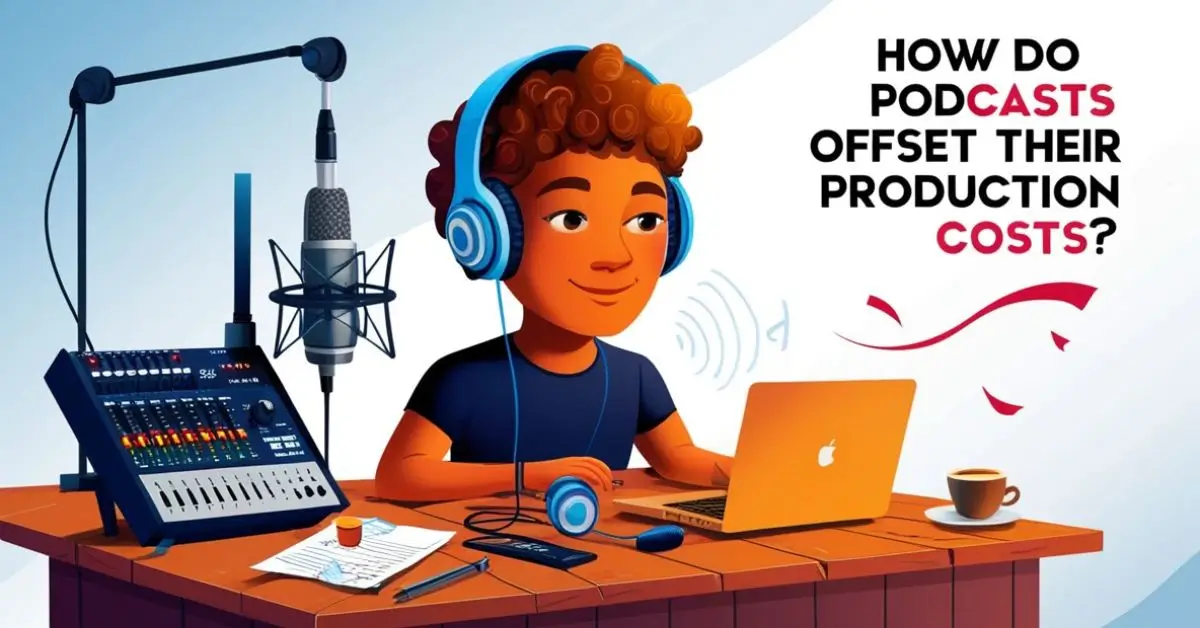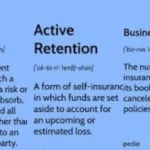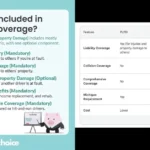Podcasts have become a booming medium for storytelling, education, and entertainment, captivating millions of listeners worldwide. However, behind the microphone lies a world of expenses that podcasters must manage to keep their shows running. From purchasing recording equipment to editing software, hosting platforms, and marketing, the costs of producing a high-quality podcast can add up quickly. To address these challenges, podcasters have developed various strategies to offset their production costs while ensuring a steady stream of engaging content for their audience.
Sponsorships and Advertisements
Sponsorships and advertisements remain one of the most common and effective methods for podcasters to generate revenue. Sponsors pay podcasters to promote their products or services during episodes. These promotions might take the form of pre-roll, mid-roll, or post-roll ads, depending on the agreement between the sponsor and the podcast. This approach benefits both parties: sponsors gain exposure to a targeted audience, while podcasters earn income to cover their expenses.
For many podcasters, this method is a win-win. A host-read ad, where the podcast host delivers the promotional message in their own voice and style, often feels more authentic and connects better with the audience. As a result, it tends to yield higher engagement rates compared to traditional ad formats.
Premium Content and Subscription Models
Another strategy podcasters use to offset production costs is offering premium content through subscription models. By creating exclusive episodes, behind-the-scenes content, or ad-free versions of their shows, podcasters can entice loyal listeners to pay a monthly or annual fee. Platforms that facilitate subscriptions enable creators to monetize their work directly, bypassing the need for external sponsors.
This approach not only provides a stable income stream but also strengthens the relationship between the creator and their audience. Subscribers often feel a sense of community and exclusivity, knowing they have access to content unavailable to the general public.
Crowdfunding and Listener Donations
Crowdfunding platforms have emerged as powerful tools for podcasters to fund their projects. By appealing directly to their audience, podcasters can ask for financial support to help sustain their shows. This model often works well for niche podcasts with highly engaged audiences who value the content enough to contribute.
Some podcasters also use donation platforms, allowing listeners to make one-time or recurring contributions. This method is particularly appealing for independent creators who want to maintain creative control without relying heavily on advertisements or sponsors.
Merchandise Sales
Selling branded merchandise is a creative way for podcasters to offset costs while promoting their brand. Items such as t-shirts, mugs, stickers, and tote bags featuring the podcast’s logo or catchphrases can become popular among fans. Merchandise not only generates revenue but also acts as a marketing tool, spreading awareness about the podcast to a broader audience.
For this strategy to succeed, podcasters need to design high-quality, appealing products that resonate with their listeners. A memorable logo or a clever tagline can make all the difference in driving merchandise sales.
Live Events and Tours
Live events and tours have become increasingly popular among podcasters, especially those with large, dedicated followings. Hosting live recordings, Q&A sessions, or panel discussions allows podcasters to connect with their audience in person while generating income through ticket sales. These events can also be monetized further through sponsorships, merchandise sales, and additional services like meet-and-greets.
Live events not only offset production costs but also deepen the bond between podcasters and their audience. Fans appreciate the opportunity to engage with their favorite creators in a real-world setting, fostering a sense of community.
Licensing and Syndication
Successful podcasts often explore licensing and syndication opportunities to offset costs and expand their reach. Licensing involves granting rights to third parties to adapt podcast content into books, TV shows, or films. Syndication, on the other hand, involves distributing podcast episodes to multiple platforms, potentially earning additional revenue through royalties.
These methods require a level of success and recognition that not all podcasts achieve. However, for those that do, licensing and syndication can be lucrative avenues for growth and monetization.
Affiliate Marketing
Affiliate marketing is another effective way for podcasters to generate income. By partnering with companies that align with their niche or audience interests, podcasters can promote products or services through special referral links. Each time a listener makes a purchase using the link, the podcaster earns a commission.
This strategy works particularly well for podcasts focused on specific topics or industries, as the promotions can seamlessly integrate with the content, making them feel less intrusive to the audience.
Comparing Revenue Strategies
Below is a simplified comparison of various revenue-generation strategies used by podcasters:
| Strategy | Description | Revenue Potential | Audience Engagement |
|---|---|---|---|
| Sponsorships & Ads | Promoting third-party products/services | High | Moderate |
| Premium Content | Offering exclusive episodes or ad-free listening | Medium | High |
| Crowdfunding & Donations | Receiving direct financial support from listeners | Variable | High |
| Merchandise Sales | Selling branded products | Medium | High |
| Live Events & Tours | Hosting live shows or events with ticket sales | Medium | High |
| Licensing & Syndication | Licensing content for adaptation into other formats | High | Low |
| Affiliate Marketing | Earning commissions by promoting relevant products/services | Medium | Low |
Final Thoughts
Offsetting production costs is a critical aspect of sustaining a podcast, especially in today’s competitive landscape. By diversifying their revenue streams, podcasters can ensure financial stability while continuing to deliver valuable content to their audience. Each strategy offers unique advantages, and the key to success lies in understanding the target audience and choosing the approaches that align with the podcast’s goals.
Whether through sponsorships, premium content, or live events, podcasters have proven their ability to innovate and adapt, making the medium a thriving space for creators and listeners alike.











